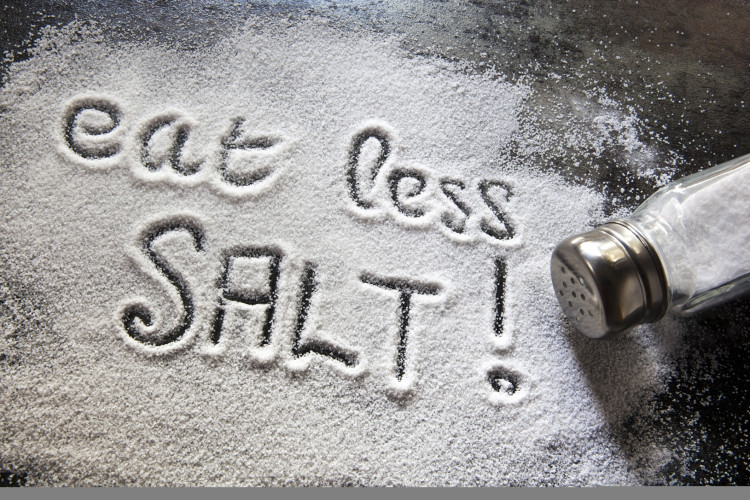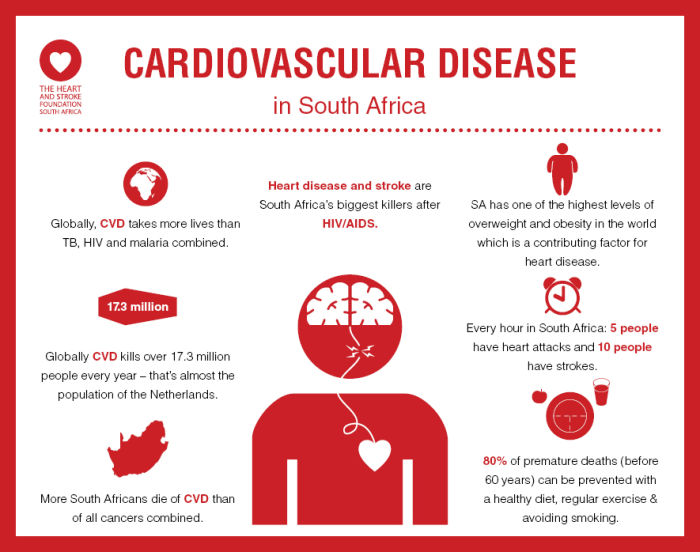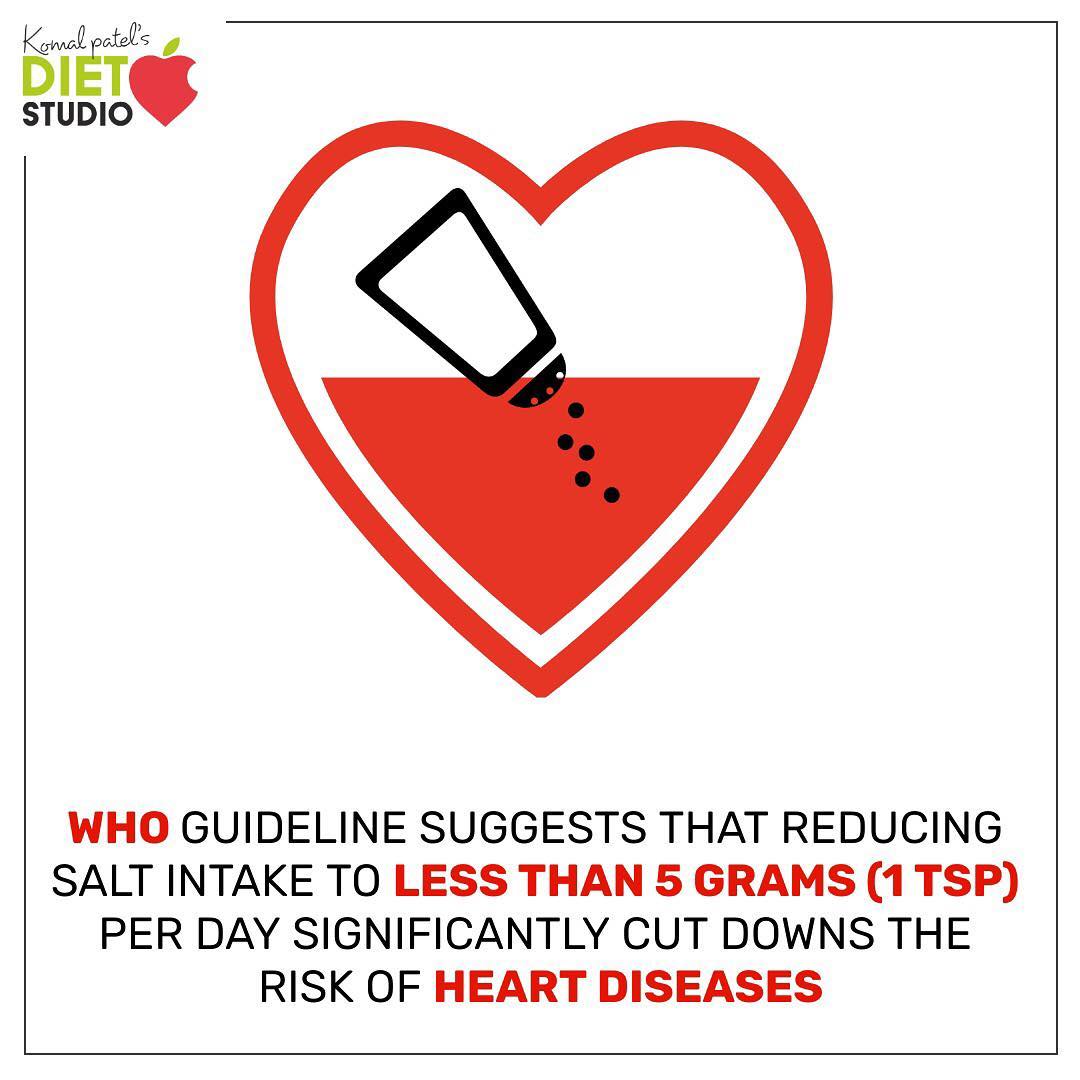As were all spending more time at home it. Both excessive sodium intake and high blood pressure are major risk factors for developing heart failure and for causing complications in those with existing heart failure.
 Heart Failure How Much Salt Can I Eat
Heart Failure How Much Salt Can I Eat
Evidence suggests that a limit of 2000 mg per day of sodium is a good goal for people with heart failure especially if they also have high blood pressure.

Salt and heart disease. However some controversy remains about the role of salt in cardiovascular disease. The best way to reduce salt is to eat a diet based on fresh foods like fruit and vegetables. Salt and the Silent Killer Salt also know as sodium chloride is the most common form of sodium in American diets.
One way to cut back is to skip the table salt. Doctors recommend that people with heart failure also eat a low-sodium diet. Excess sodium can increase your blood pressure and your risk for heart disease and stroke.
Your body needs a small amount of sodium to work properly but too much sodium is bad for your health. Most of the sodium we consume is in the form of salt and the vast majority of sodium we consume is in processed and restaurant foods. 11 High salt intake is also associated with an increased risk of renal disease stomach cancer and osteoporosis 12 and results from MRI studies suggest that excessive salt intake may promote.
At the same time as their eating patterns shift people are consuming less fruit vegetables and dietary fibre such as whole grains that are key components of a healthy diet. While your body needs a little sodium to keep it healthy most of us eat much more than the 1500 mg per day recommended by the American Heart Association and excessive sodium often leads to high blood pressure. Salt sodium chloride is well-known to increase blood pressure and to be a target of public health intervention.
This is an update of a review first published in 2011. This study shows that eating too much salt is also linked with increased risk of heart failure a debilitating and irreversible condition. Processed and packaged foods are responsible for most of the salt people eat.
This review sets out to assess whether intensive support and encouragement to cut down on salt in foods and substituting low-sodium salt reduces the risk of death or. However most of the sodium in our diets comes from packaged processed foods. While some newer research questions the link between sodium and health problems the connection is well-established.
Salt is the primary source of sodium and increased consumption of sodium is associated with hypertension and increased risk of heart disease and stroke. The reaction of the scientific community was swift. Significant evidence links excess sodium intake with high blood pressure which increases the risk of heart attack stroke and heart failure.
So do not take salt. Too much salt can cause fluid to build up around the heart and lungs making the heart work harder. Eating too much salt may raise your blood pressure and having high blood pressure increases your risk of developing coronary heart disease.
Given that 65 million American adults have heart failure restricting salt intake might profoundly reduce risk for this major medical scourge. After studying more than 130 000 people from 49 different countries concluded that salt restriction reduced the risk of heart disease stroke or death only in patients who had high blood pressure and that salt restriction could be harmful if salt intake became too low. Eating these foods less often can help reduce your sodium intake lower your blood pressure andor prevent high blood pressure HBP or.
However salt substitutes can be dangerous when you have conditions such as kidney disease heart disease high blood pressure liver disease or diabetes. Cardiovascular disease includes heart attacks and strokes and is a major cause of premature death and disability. Eating too much salt can lead to high blood pressure which is a major risk factor for heart disease.
22 2009 -- Reducing the salt in your diet can help lower your blood pressure but it may also lower your risk for having a heart attack or stroke in another important way. So to keep your heart healthy its important that you dont eat too much salt each day. There is a clear relationship between eating too much salt and your risk of having high blood pressure a major risk factor for heart disease and stroke.
 A Low Salt Diet To Prevent Heart Disease Hospital Clinic Barcelona
A Low Salt Diet To Prevent Heart Disease Hospital Clinic Barcelona
 A Low Salt Diet Could Raise Heart Disease Risk Study Suggests
A Low Salt Diet Could Raise Heart Disease Risk Study Suggests
 Alcohol And Heart Disease Facts Epsom Salt And Heart Disease
Alcohol And Heart Disease Facts Epsom Salt And Heart Disease
 Heart Disease And Salt Consumption
Heart Disease And Salt Consumption
 Salt Reduction To Prevent Hypertension And Cardiovascular Disease Jacc State Of The Art Review Sciencedirect
Salt Reduction To Prevent Hypertension And Cardiovascular Disease Jacc State Of The Art Review Sciencedirect
 How Does Salt Hurt My Heart Unpack The Salt
How Does Salt Hurt My Heart Unpack The Salt
 Salt Diet To Avoid Stroke And Heart Disease Cloverleo
Salt Diet To Avoid Stroke And Heart Disease Cloverleo
 Salt And Heart Disease A Second Round Of Bad Science The Lancet
Salt And Heart Disease A Second Round Of Bad Science The Lancet
 How Does Salt Affect Heart Health Health Essentials From Cleveland Clinic
How Does Salt Affect Heart Health Health Essentials From Cleveland Clinic
Salt And Heart Health Total Cardiac Care By Dr Mahadevan
 South Africa You Consume Too Much Salt
South Africa You Consume Too Much Salt
 Heart Disease Salt Intake Cardiovascular Disease
Heart Disease Salt Intake Cardiovascular Disease



No comments:
Post a Comment
Note: Only a member of this blog may post a comment.